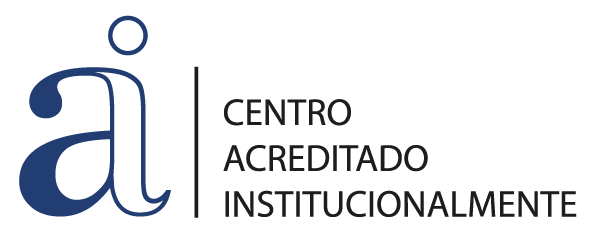Ciclo Seminarios 2018 del Departamento de Física de la Materia Condensada.- Challenges towards Majorana modes with hybrid superconductor-semiconductor nanowire devices. - Lunes 19 de marzo
El lunes 19 de marzo a las 12:30 h en la Sala de Grados de la Facultad de Ciencias tendrá lugar la conferencia que lleva por título: Challenges towards Majorana modes with hybrid superconductor-semiconductor nanowire devices . Será el ponente: Eduardo Lee (Universidad Autónoma de Madrid)
Resumen de la charla: Hybrid devices that couple superconductors and semiconductor nanowires have attracted considerable attention in recent years owing to their potential to realize topological superconductivity and Majorana zero modes. The topological phase is predicted to result from a combination of induced superconductivity, spin-orbit coupling and spin polarization in the semiconductor nanowire. Crucially, the one-dimensional character of such a system must be preserved over micron-length scales for the topological phase to the established – a requirement that is not so straightforward to meet in realistic materials. In this talk, I will address experiments performed in InAs-based hybrid superconductor-semiconductor nanowire devices, in which charge localization plays an important role. I will discuss different effects associated with the resulting superconductor-quantum dot system, and how their signatures could be mistakenly interpreted in favor of Majorana zero modes. In particular, I will address the Kondo effect and the Zeeman splitting of Andreev levels. Finally, I will discuss how, even when seemingly absent, charge localization strongly impacts the transport properties of quasi-ballistic nanowire quantum point contacts.
Resumen CV: Eduardo Lee obtained his PhD in Physics in 2009, having done his thesis work at the Max Planck Institute for Solid State Research in Germany. He then moved to the French Center for Atomic and Alternative Energies in Grenoble for a post-doc stay, which was partly funded by an Intra-European Marie Curie Fellowship. After that, he spent a year at the Institute Neel, also in a Grenoble, before joining the Condensed Matter Physics Center (IFIMAC) of the Universidad Autonoma de Madrid in 2016. His main research interests are low temperature transport measurements on nano-devices. In particular, his research is presently directed towards studying hybrid devices which couple superconductors and low-dimensional semiconductors, a promising platform for generating topological superconductivity. He was recently awarded an ERC Starting Grant to develop this project.

